Remedios Zafra is a writer and senior scientist at the Institute of Philosophy of the Spanish National Research Council. She has been a university lecturer in Anthropology, Politics of the Gaze and Gender Studies. With her work El Entusiasmo. Precariedad y trabajo creativo en la era digital won the Anagrama Essay Prize and the Estado Crítico Prize, among many other awards and recognitions for her brilliant work, which not only encouraged public conversation about the self-exploitation of those who live, enjoy and suffer their creative vocation in an oppressive, competitive and merciless neoliberal environment, but also stimulated dialogue between readers.
His latest essay, Frágiles. Cartas sobre la ansiedad y la esperanza en la nueva cultura, published by Anagrama, is the result of these dialogues he generated. In fact, this book is a response to a letter that a journalist sent him after his previous essay, in which the anonymous woman confessed that after reading his essay, her life seemed more conflictive and complicated to live. It is the writing of this work that allows Zafra to speak to us of the contingency of this pandemic situation in which we still find ourselves and which forces the reader to understand that, as social beings, we need the help of others in order to survive.
If in El Entusiasmo, Zafra looked at the conditions in which culture is currently produced and managed, in Frágiles we find ourselves faced with the anxiety of the vindication of times of concentration in the face of the saturation of speed and excess of contemporary life, as she herself confesses in the book. A point that she underlined in our last interview on El Entusiasmo, Slow work has long since been put in crisis by the speed of the times and the competitiveness of the system. We find ourselves, therefore, before a plea against impulsivity, in favour of slow emotional enjoyment, contradictions and passionate subjects.
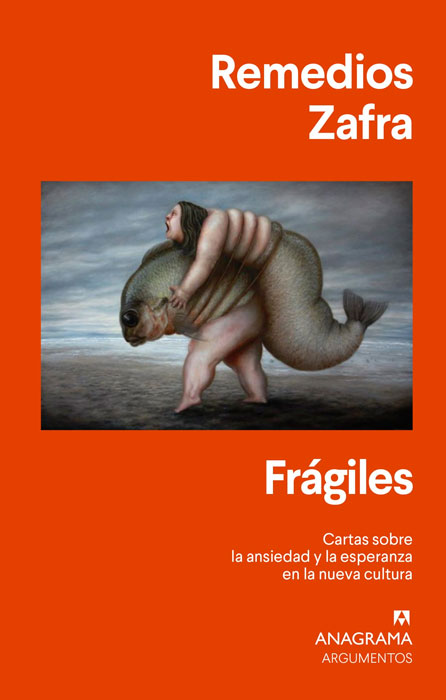
Frágiles is a vindication of vulnerability as a bridge to others, to the community, at a time when it seems that solidarity, and therefore shared fragility as a mechanism for empathising and creating complicity and social bonds, has become transgressive. If we have reached a moment in which it seems transgressive to try to understand those who think differently in order to reach consensus and change together with them, what kind of world are we heading towards? And in such a world, where is hope when the anxiety, precariousness and contingency of jobs rule?
More solitary and connected than ever, the old pressure remains, but the awareness of the materiality and sociality of the subject grows, and, as an effect in the face of the stubborn hammering of its weakness, the question of the meaning of what we do returns as a handful between our ways of life, between the excess of production and imposture when anxiety is naturalised as an opaque lens before the awareness of a seeing that hurts, Zafra points out in the introduction to Frágiles, and concludes: An anxiety that is tolerated as collateral damage of the privilege of those who at least live and work, and better keep quiet in the face of the poverty and greater vulnerability of others.
Sharing our vulnerability, that which makes us what we are, in order to renew our social bonds, as well as starting from a slow and passionate reflection, seems to have become necessary to confront the complexity of our times. In Frágiles, Zafra does not avoid the complexity of self-consciousness, but accompanies us in order to narrate, explain and conquer our times, and, as far as possible, to understand this anguish.
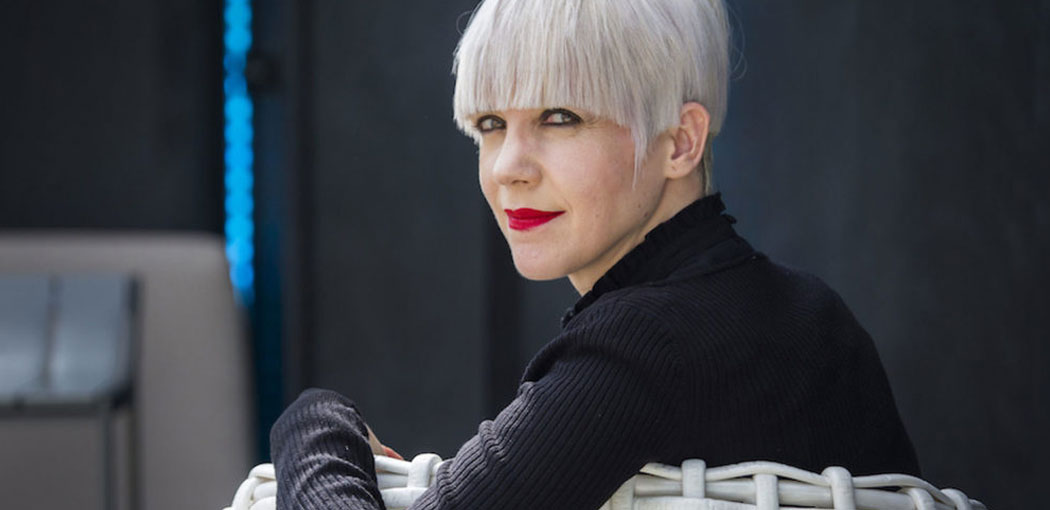
This motivation of ethical links between people will allow us to move from personal motivation to collective motivation, to the imagination of improved worlds, more egalitarian, not so anxious for hyper-productivity, which in the end is a culture of appearance, of doing and accumulating in pursuit of quantitative indices where creation is as precarious as the jobs that predominate. And the fact is that, as a result of a pandemic situation like the one we are experiencing, it seems that the seams of our system, its fragility, the fragility of our society, but also the need for community awareness at all levels, are being revealed to us.
In Frágiles we are faced with the anxiety of the vindication of times of concentration in the face of the saturation of speed and excess of contemporary life.
In short, we could say that Frágiles seeks in self-narration the privileged way of giving an account of the intimacy of the subject. And this account is nothing other than an adventure towards that which makes us what we are, in the recognition of discomfort, as an uncomfortable conscience, thought of as a response and not as a state; a discomfort that allows us to overcome the limitations and suffering that oppress us. A discomfort that becomes an active and unsatisfied affection that forces us to move, to act.

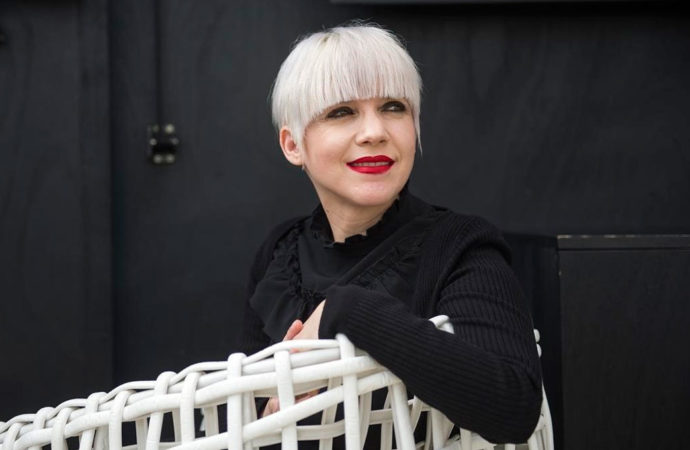
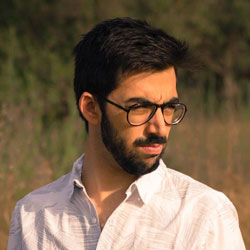
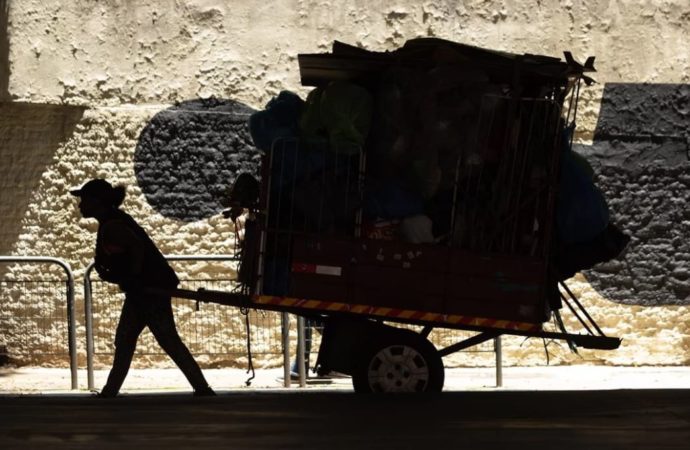

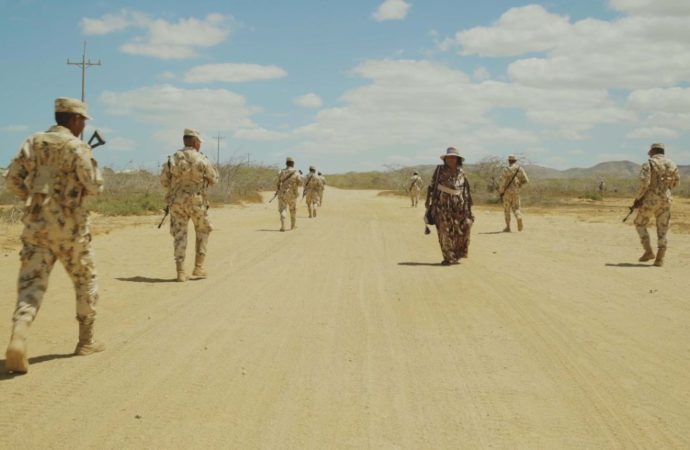

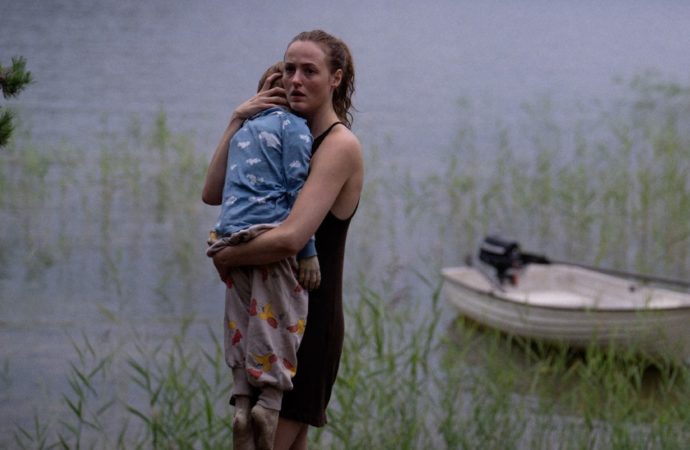

No one has posted any comments yet. Be the first person!